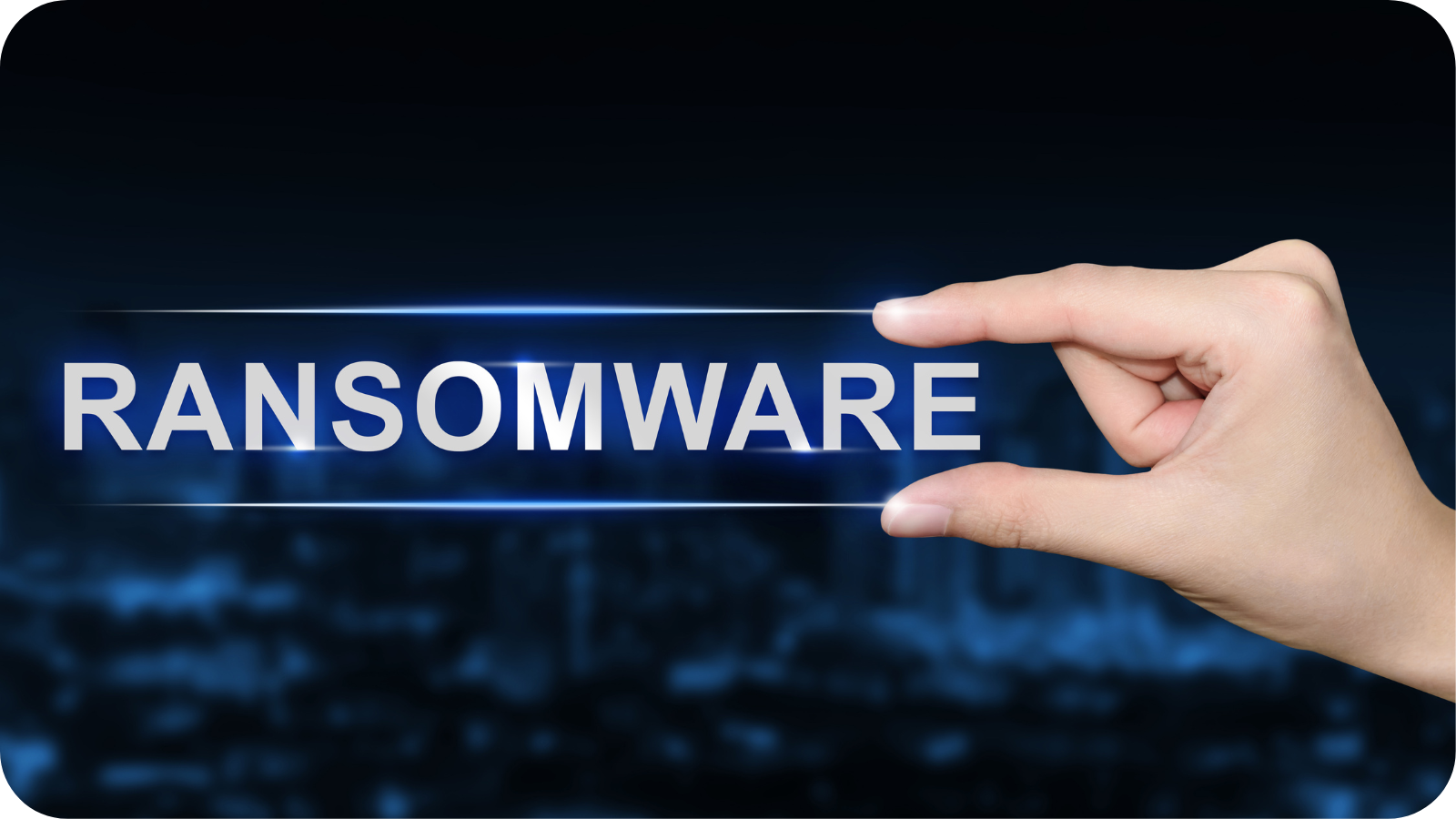Zero Trust Security is a shift of network defenses towards a more comprehensive IT security model that enables organisations to restrict access controls to applications, networks, and the environment without compromising performance and user experience.
As an increasing number of organisations perform computing outside their perimeter in the cloud, security managers find it challenging to identify who and what can be trusted. Consequently, organisations are beginning to use Zero Trust as a component or an element of their trust network architecture and enterprise security strategy.
What is Zero Trust Security?
Zero Trust is a security framework that requires all users, whether located inside or outside the organisation's network, to be authorised, authenticated, and constantly validated for security configuration and posture before being given access to data and applications. The framework assumes that there's no traditional network edge – networks can be local, in the cloud, or hybrid with resources anywhere as well as employees in any location.
Zero Trust Security is a framework for protecting data and infrastructure for today's contemporary digital transformation. It uniquely addresses the present-day challenges of modern businesses, including ransomware threats, protecting remote workers, and hybrid cloud environments.
How does Zero Trust Security work?
There are various technologies and best practices that make up a Zero Trust approach. Here are some of the key principles on which Zero Trust Security works:
- Least Privilege Access: Allowing access only to the information any individual requires. This reduces the ability of malware to move from one system to another and limits the risk of internal data exfiltration.
- Micro-Segmentation: Dividing the security parameters into smaller zones to maintain separate access for different parts of the network. For instance, a network with files in a single data centre that uses micro-segmentation might contain several secure zones. A program or person with access to one particular zone won't be able to access any other zone without separate authorisation.
- Continuous Verification: Zero Trust verifies user privileges and identity as well as device security and identity. Connections and logins time out periodically once established, forcing devices and users to be continuously re-verified.
Benefits of Zero Security
Here are some benefits of Zero Security Trust.
1. REDUCE RISK
Zero Trust security solutions prevent all services and applications from communicating until they have been verified by their identity attributes. Thus, zero trust minimises risk as it uncovers what's on the network and how the assets are communicating. It also mitigates risks by eliminating overprovisioned services and software and continuously verifying the credentials of every communicating asset.
2. SUPPORTS COMPLIANCE INITIATIVES
Zero Trust security protects all workloads connections and users from the internet. Thus, they cannot be exploited or exposed. Such invisibility makes it easier to show compliance with privacy regulations and standards such as NIST 800-207 and PCI DSS.
LAST FEW WORDS
Our managed cyber security services and IT managed services can help you on your zero trust security journey and ensure your organisation stays safe from cyber-attacks. Moreover, we can test your organisation's security controls against particular threats and minimise remediation time with efficient assessments. For more information about our services, contact us today!




